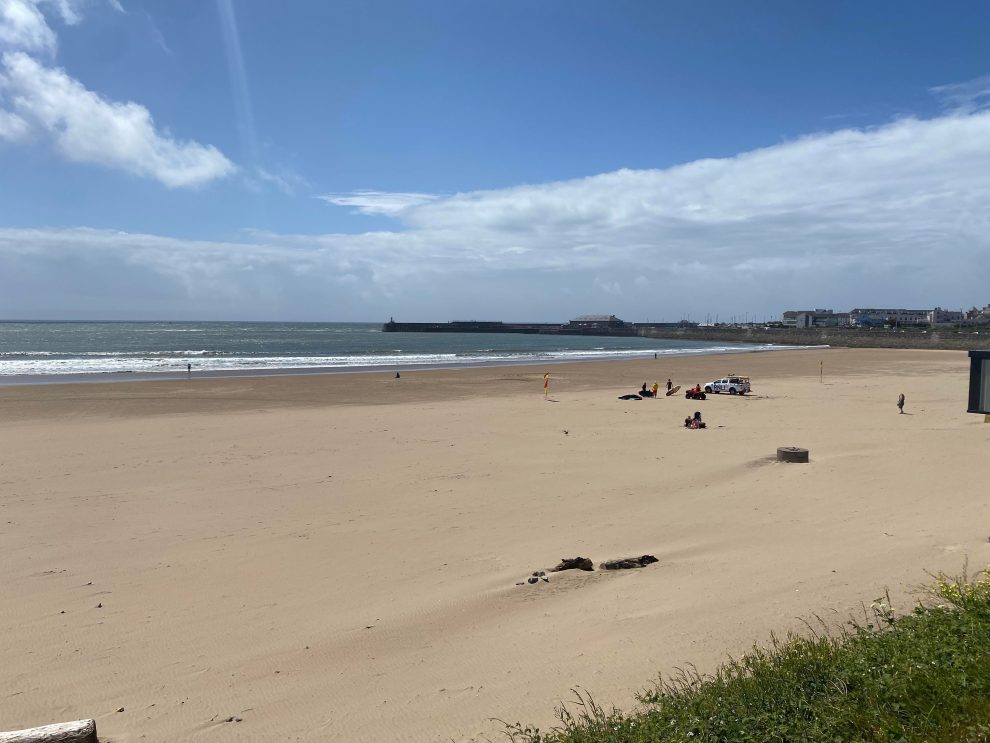COUNCILLORS in Bridgend have raised questions over why the amount of dog fouling and fly-tipping fines in the borough are so low.
Speaking at a full council meeting independent councillor Ross Penhale-Thomas asked why the numbers were down when compared to neighbouring boroughs in the region such as Neath Port Talbot and Rhondda Cynon Taf.
Addressing members of the council he said a series of FOI requests he had submitted to neighbouring authorities revealed startlingly low figures and asked why those “falling foul” of the law in Bridgend were much less likely to be prosecuted than in other areas.
He told the council that in the four-year period leading up to 2022-23 Bridgend Council had issued just one fixed penalty notice for dog fouling, compared to 754 in RCT and 30 in Neath Port Talbot.
When it came to prosecutions across the same four-year period Bridgend had issued none while RCT pursued 72 and Neath Port Talbot two. He also added that in terms of prosecutions for fly-tipping across the same four-year period Bridgend had again issued none while RCT had undertaken 87 and Neath Port Talbot 34.
Cllr John Spanswick, cabinet member for climate change and environment, said there were two explanations for these low figures with the first being that the council wanted to take the public with them and focus more on education and prevention of the issues as opposed to prosecuting people.
He also added that a county-wide public space protection order for dog fouling had expired during the pandemic, which meant there was not a proper legal basis in place for them to issue the penalty notices.
Cllr Spanswick said this would hopefully be addressed in April with a new public space protection order set to go before the cabinet for approval though he also noted that with the costs of resource it would take to chase fines it could still be cheaper to educate members of the public in order to tackle the issues.
Cllr Ian Spiller of Bryntirion, Laleston, and Merthyr Mawr responded by saying that education on issues such as fly-tipping littering and dog fouling had been ongoing since he was a child, adding that he felt the “stark” figures showed how neighbouring authorities currently had a better grip on using the legal powers they had.

















